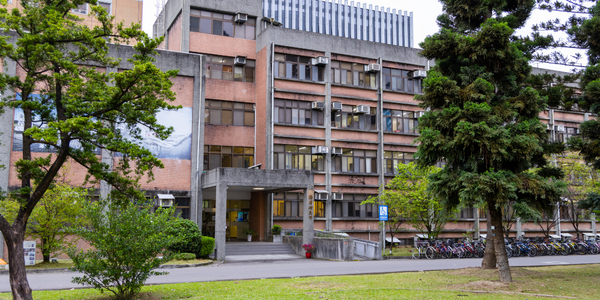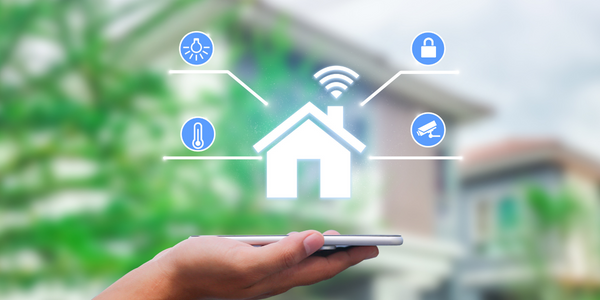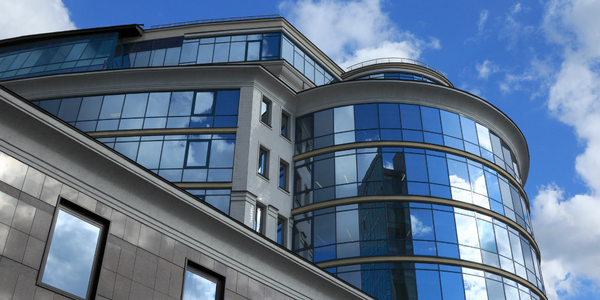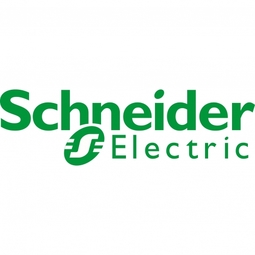Download PDF
Building intelligence in and out of water
Technology Category
- Analytics & Modeling - Real Time Analytics
- Application Infrastructure & Middleware - Data Exchange & Integration
- Infrastructure as a Service (IaaS) - Cloud Computing
Applicable Industries
- Buildings
Applicable Functions
- Facility Management
- Maintenance
Use Cases
- Building Automation & Control
- Building Energy Management
- Energy Management System
Services
- Cloud Planning, Design & Implementation Services
- Data Science Services
- System Integration
The Challenge
The Shedd Aquarium, a national historic landmark in Chicago, Illinois, U.S., first opened its doors to visitors in 1930. Today almost 2 million guests visit this national historic landmark annually. The aquatic environments in the original aquarium contain more than 1.5 million gallons of water, including a 90,000-gallon exhibit created in 1971 to reproduce a Caribbean coral reef. Over the years the aquarium has undergone expansions to accommodate other large exhibits, more than doubling its original size to cover 422,000 square feet. A facility this size has multiple challenges with regard to energy use in maintaining diverse environments for visitors, staff, and more than 32,500 aquatic animals. In 2013, decision-makers committed to an ambitious goal of cutting the aquarium’s energy consumption in half by 2020. This commitment to sustainability extends into every part of Shedd Aquarium — from water-conserving exhibits and energy-efficient lighting to green gardens and the food its inhabitants eat.
About The Customer
The Shedd Aquarium is a national historic landmark located in Chicago, Illinois, U.S. It first opened its doors to visitors in 1930 and now welcomes almost 2 million guests annually. The aquarium houses more than 32,500 aquatic animals in various environments, including a Caribbean coral reef, a Pacific Northwest coastal environment, and a Philippine coral reef. The facility spans 422,000 square feet, more than double its original size, and contains more than 1.5 million gallons of water. In 2013, the aquarium committed to reducing its energy consumption by half by 2020 as part of its commitment to sustainability. This commitment extends to all aspects of the aquarium, from water-conserving exhibits and energy-efficient lighting to green gardens and the food served to its inhabitants.
The Solution
Shedd Aquarium partnered with Schneider Electric to achieve its sustainability goals. Schneider Electric provided its EcoStruxure™ Building Solution, which includes EcoStruxure Building Operation, EcoStruxure Energy Expert, VFT Drives, and a Turnkey Solar Solution. The solution leverages the aquarium's existing building management system, sensors, and meters to push data points to EcoStruxure™ Building Advisor every five minutes. This system automatically identifies the root cause of problems and identifies energy cost-avoidance opportunities daily. The EcoStruxure Building Advisor solution also offered the tools needed to implement a fault detection and diagnostics solution that would comply with Commonwealth Edison’s (ComEd’s) monitoring-based commissioning (MBCx) criteria. In 2015, Schneider Electric began leveraging Shedd Aquarium’s existing building management system by installing variable frequency drives and extensive electric submetering. Today, information from all data points is pushed to the cloud-hosted EcoStruxure Building Advisor every five minutes for systems modeling.
Operational Impact
Quantitative Benefit
Related Case Studies.

Case Study
Energy Saving & Power Monitoring System
Recently a university in Taiwan was experiencing dramatic power usage increases due to its growing number of campus buildings and students. Aiming to analyze their power consumption and increase their power efficiency across 52 buildings, the university wanted to build a power management system utilizing web-based hardware and software. With these goals in mind, they contacted Advantech to help them develop their system and provide them with the means to save energy in the years to come.

Case Study
Intelligent Building Automation System and Energy Saving Solution
One of the most difficult problems facing the world is conserving energy in buildings. However, it is not easy to have a cost-effective solution to reduce energy usage in a building. One solution for saving energy is to implement an intelligent building automation system (BAS) which can be controlled according to its schedule. In Indonesia a large university with a five floor building and 22 classrooms wanted to save the amount of energy being used.

Case Study
Powering Smart Home Automation solutions with IoT for Energy conservation
Many industry leaders that offer Smart Energy Management products & solutions face challenges including:How to build a scalable platform that can automatically scale-up to on-board ‘n’ number of Smart home devicesData security, solution availability, and reliability are the other critical factors to deal withHow to create a robust common IoT platform that handles any kind of smart devicesHow to enable data management capabilities that would help in intelligent decision-making

Case Study
Commercial Building Automation Boosts Energy Efficiency
One of the challenges to building automation is the multitude of non-interoperable communications protocols that have evolved over the years. Buildings have several islands of automation. Bridging the islands of different automation without losing the considerable investment in each specialized control network is the main focus in this solution.

Case Study
Protecting a Stadium from Hazardous Materials Using IoT2cell's Mobility Platform
There was a need for higher security at the AT&T Stadium during the NFL draft. There was a need to ensure that nuclear radiation material was not smuggled inside the stadium. Hazmat materials could often be missed in a standard checkpoint when gaining entry into a stadium.






